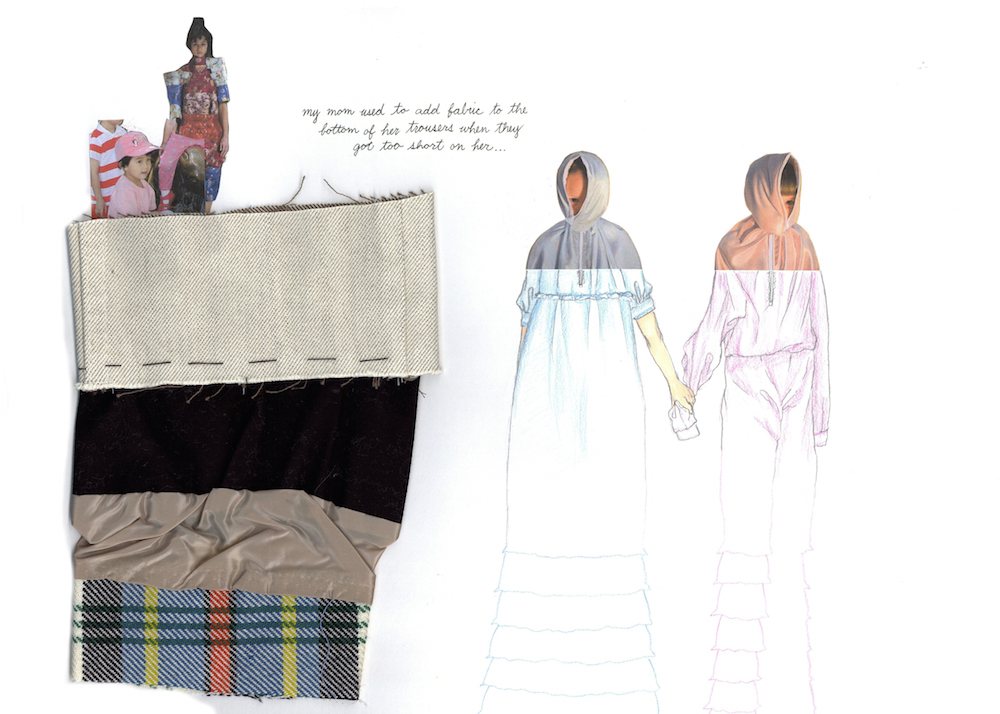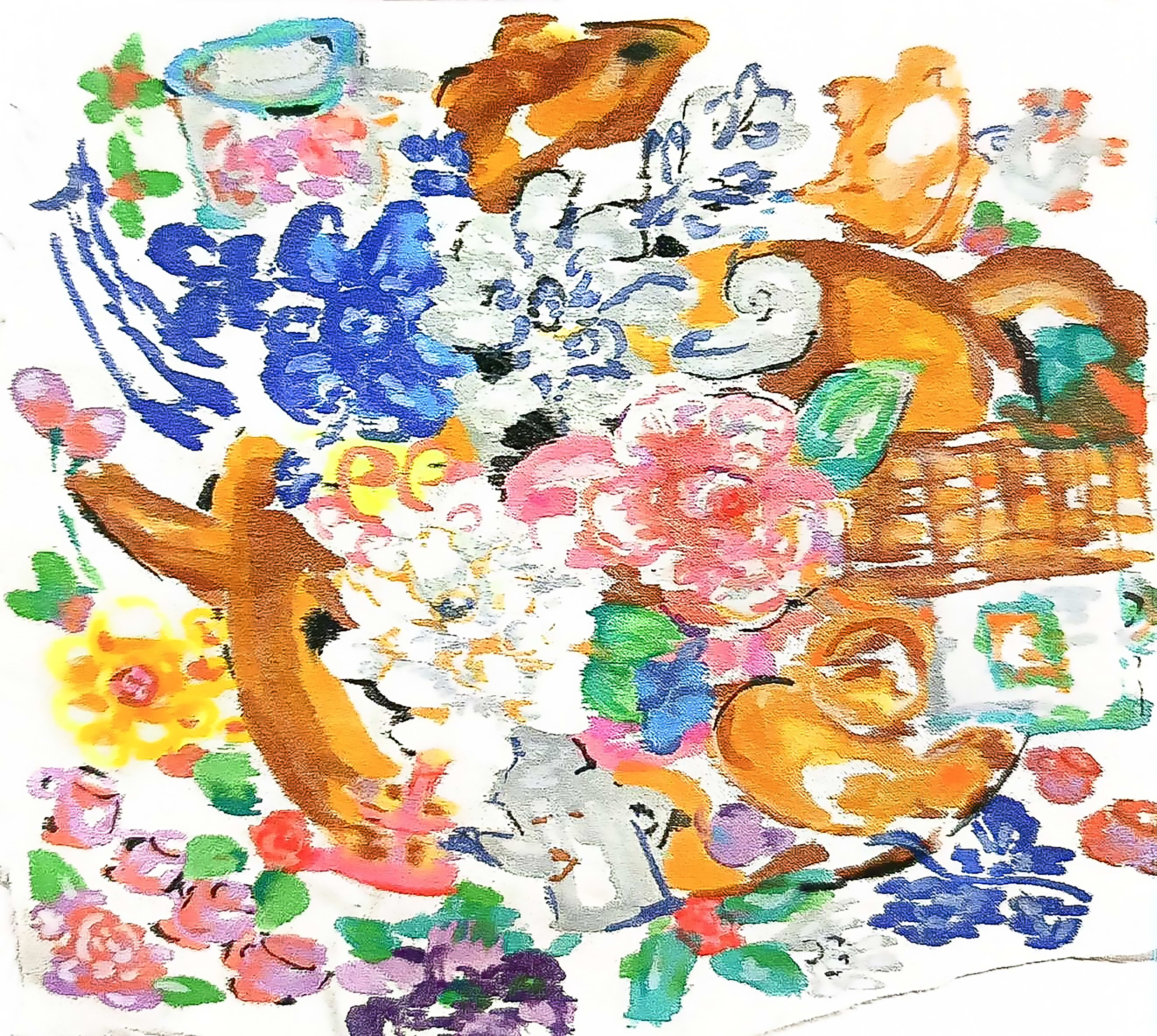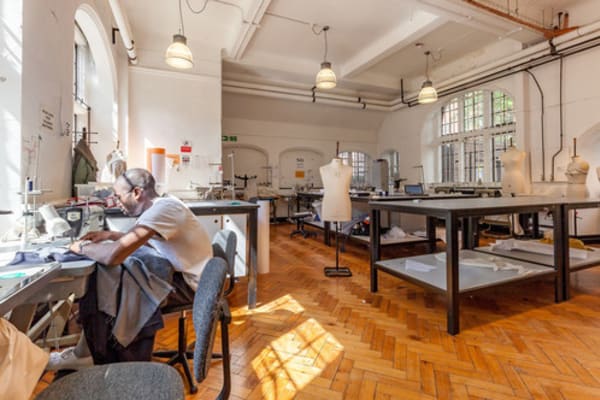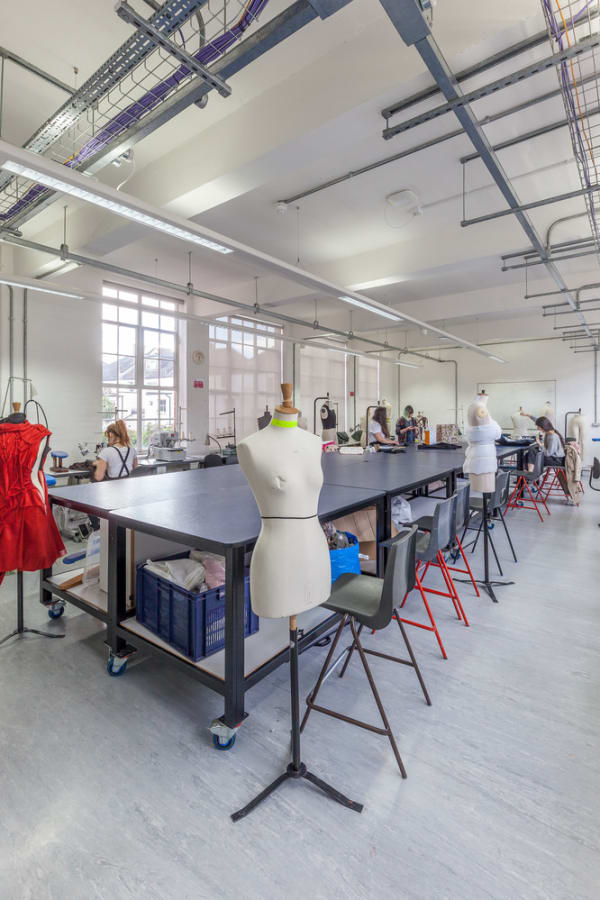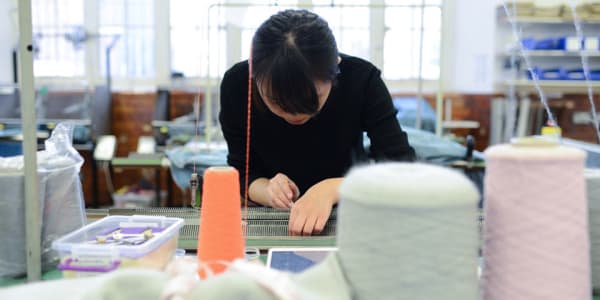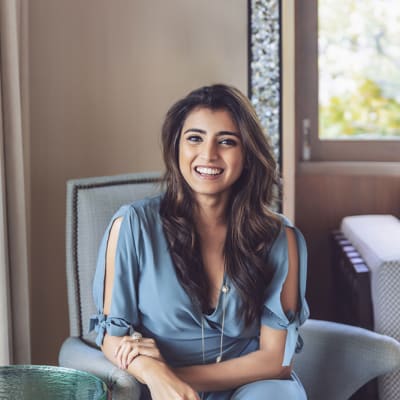Course units
Term 1:Introduction to Study in Fashion
This unit will introduce you to a range of subjects covered at London College of Fashion. You will investigate different approaches to visual, spoken and written communication. You will begin to explore the specialist pathways to help identify your direction for future studies.
Term 1 and 2: Cultural and Historical Studies for Fashion
This unit will help to prepare you for the study of fashion and its relationship to culture and history. In classes you will be introduced to a range of concepts and theories relating to fashion, art, design, culture and identity, with a focus on social, racial and climate justice. You will be encouraged to formulate and articulate your own informed opinions in class discussions. You will be introduced to imagery from the worlds of art, design, and popular culture, and you will also go on a range of exhibition visits, where you will be encouraged to examine and collect visual images of all kinds and to discuss these in relation to the themes of your classes. As a result of these discussions, visits, and your own independent research, you will begin to develop the analytical and communication skills needed to produce academic work at undergraduate level.
Term 2: Specialism Studies: Fashion Business
The unit will help you to develop creative and theoretical approaches to fashion business. You will be introduced to the importance of research and analysis for investigating and communicating business ideas. This will include practising a range of strategies used in analysing and developing fashion businesses. You will start working more independently to produce a portfolio of written and visual work. This portfolio will show your research and development process.
Or;
Specialism Studies: Fashion Design and Technology
The unit will help you to develop creative and theoretical approaches to fashion design and technology. You will be introduced to the importance of research and analysis for investigating and communicating your ideas. This will include experimenting, analysing and developing your ideas for a range of fashion products. You will start working more independently to produce a portfolio of visual work. This portfolio will show your research and development process.
Or;
Specialism Studies: Fashion Media and Communication
The unit will help you to develop creative and theoretical approaches to fashion media and communication. You will be introduced to the importance of research and analysis for investigating and communicating your ideas. This will include experimenting, analysing and developing your ideas for a range of media outcomes. You will start working more independently to produce a portfolio of visual work. This portfolio will show your research and development process.
Term 2 and 3: Writing for Fashion
This unit will support you in developing the academic literacy and specialist vocabularies expected in higher UK education and in line with the academic conventions for undergraduate study at London College of Fashion. You will begin to enhance your written and spoken communication skills, with a focus on social, racial and climate justice. You will also develop skills to research, structure and analyse in order to produce a critical essay.
In term 3: Progression Project
This unit will encourage you to take further responsibility for your learning through the construction of your own project – reflecting your personal interest in fashion. Building on knowledge gained in all previous units you will research, develop and evaluate your ideas. You will select and present your work in a visually considered way appropriate to your specialism.
